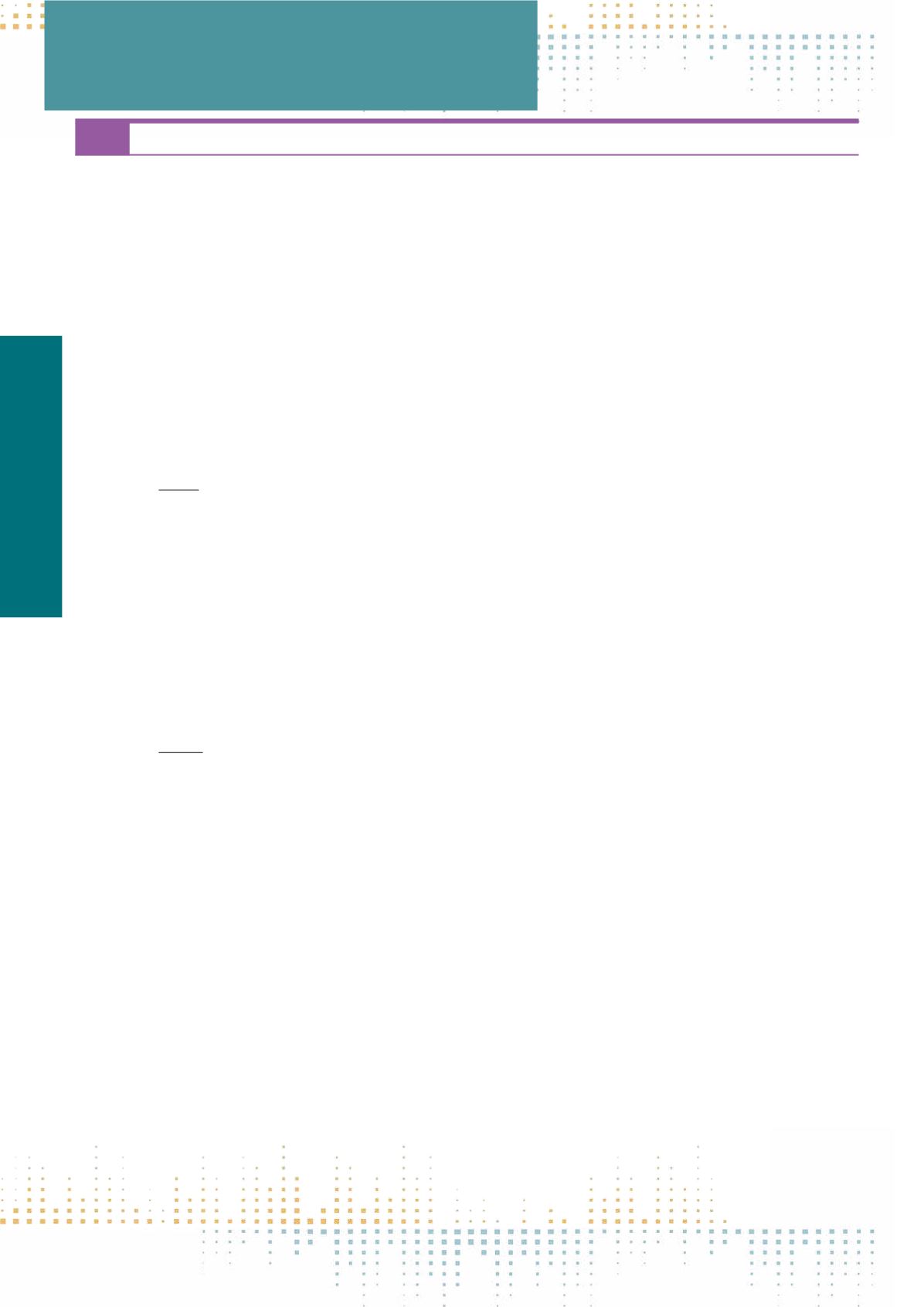

618
Thursday, November 10
0 9 : 0 0 – 1 0 : 3 0
MEC01
Teachingmedia and the city
S. Ridell
1
1
University of Tampere, Tampere, Finland
In this panel we will share experiences and exchange views of teaching ’media and the city’ in four different educational contexts, including the ECREA
Summer School 2015 in Bremen and intermediate or MA level courses recently introduced and taught on a yearly basis in three European universities
(University of Zagreb, University of Tampere and University of Ljubljana). The presenters will outline the position of their course in the given institutional
structure and consider its place and role in the syllabus as well as highlight their pedagogic objectives and more concrete takes on how to teach the topic. A
key focus in the panel is to spot differences and similarities between the courses in terms of organizational arrangements, areas of interest, theoretical and
methodological approaches as well as teaching methods and philosophies. In this way, we probe shared ground for developing pedagogic practices and
for advancing collaboration in teaching the subject area. Furthermore, based on the individual examples, we will discuss the tensions and challenges that
teaching the interdisciplinary topic of ‘media and the city‘ faces. These range from increasing pressures to effectiveness created by the ongoing structural
transformation of universities to managing the multiplicity and diversity of relevant research traditions to dealing with the social dynamics and differences
in students’knowledge base and skills in the often very heterogeneous groups of participants. A major issue to discuss concerns the relations of the subject
area – and the implicit suggestion of an emerging subfield of urbanmedia studies (UMS) – to the previous scholarly traditions of communication and media
research. The question is that if we insist UMS should be institutionalized, is there any way to avoid involvement in the endless identity wrestling that has
kept scholars in the field agonizing from early on.
PN 029
Urban (Media) Ethnography for Busy People – Introducing ECREA Summer School Students to the Ethnographic Approach
S. Tosoni
1
, F. Stiernstedt
2
1
Università Cattolica del Sacro Cuore, Milan, Italy
2
Södertörns Högskola, Stockholm, Sweden
Teaching the ethnographic approach is a challenging effort in higher education, due to the increasing time constraints that characterize contemporary aca‑
demia. A discussion on how to teach ethnography is therefore particularly urgent. In our presentation, we contribute to this broader debate by introducing
a practical exercise, first tested at the ECREA 2015 Summer School in Bremen.The method we employed in our teaching is based on taking pictures of media
practices, texts and technologies in urban public spaces. The mediation of the camera allows students to engage ‘hands-on’with the field and at the same
time to experiment with the‘denaturalizing’take that generally characterizes ethnographic approaches to media use and consumption.This reflexive stance
is further fostered by a classroom discussion on the practice of observation and on the materials produced. Overall, the exercise aims at an acceptable
balance (and a research ethical compromise) between the reduced time available for teaching and the advantages of letting the students to personally
experience and experiment with the practicalities of method. In our presentation, we also illuminate the ECREA's summer school as a context for teaching
urban (media) ethnography, and discuss how to apply our experiences in other pedagogic contexts.
PN 030
Pedagogic Challenges of Bifocality – ‘Media and the City’ Course at the University of Zagreb
Z. Krajina
1
1
University of Zagreb, Zagreb, Croatia
In this presentation, I reflect on the development of the optional graduate course Media and the City, which I have convened at the University of Zagreb
since 2011. Intended for (both Croatian and international) students specialising in media and journalism, the course faced a challenging requirement from
the start, in terms of both teaching and learning: a sound engagement with issues usually taught elsewhere, within urban studies, architecture and anthro‑
pology. At all points of the pedagogic process (teaching, seminar workshops, providing course materials, assessment), issues like representation, identity,
and technology were made into central approaches to the understanding of phenomena such as ornamented façades, neighbourhood soundscapes, and
the infrastructure of global cities. In turn, by not only reviewing the relevant canons, but also engaging students in the production of audiovisual coursework
and embarking on ‘urban walks’, usual notions of ‘media’ – and ‘the city’ – were not merely juxtaposed but transformed, beginning to provide a multidi‑
mensional depth of field.
TWG –Media & the City
(MEC01–MEC02)



















